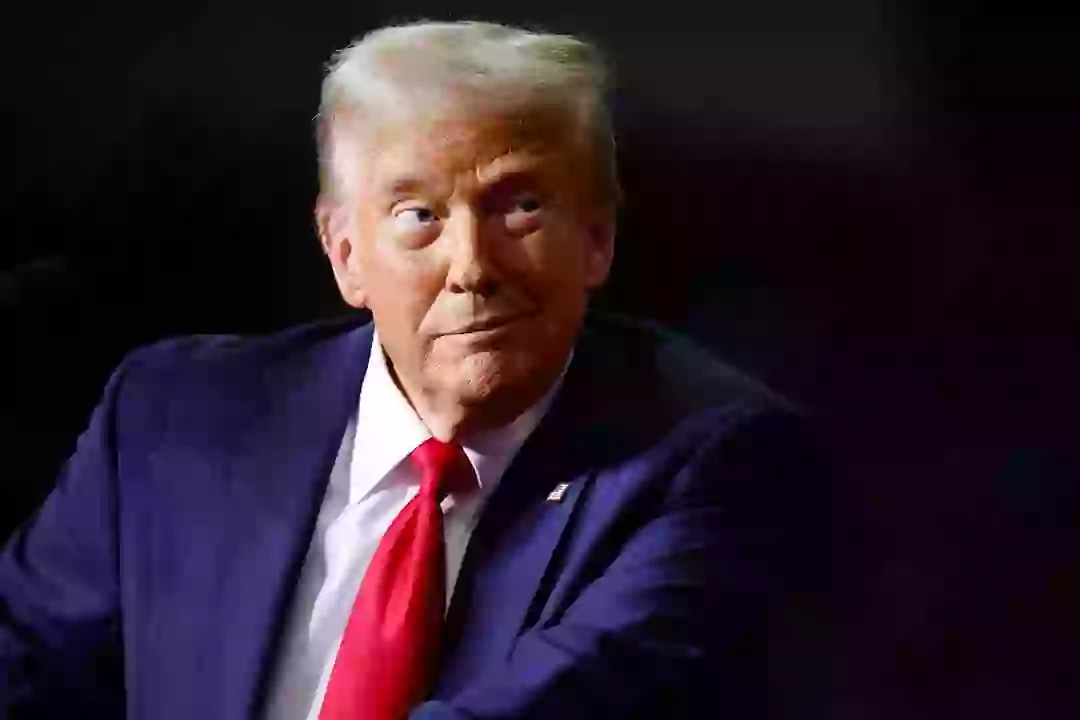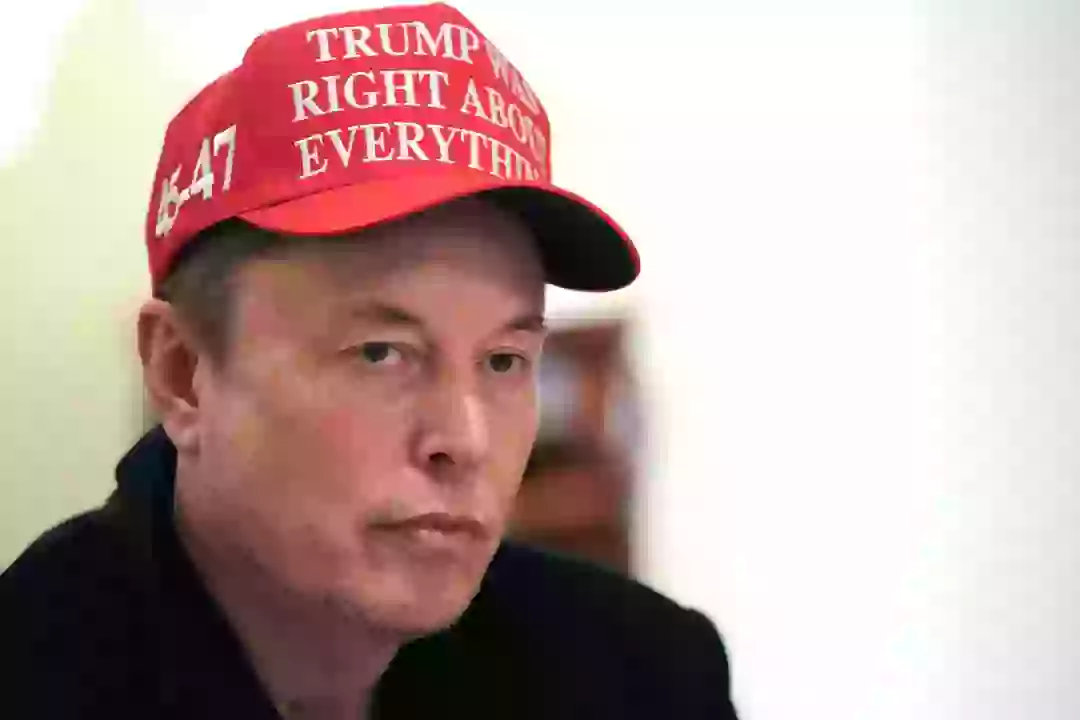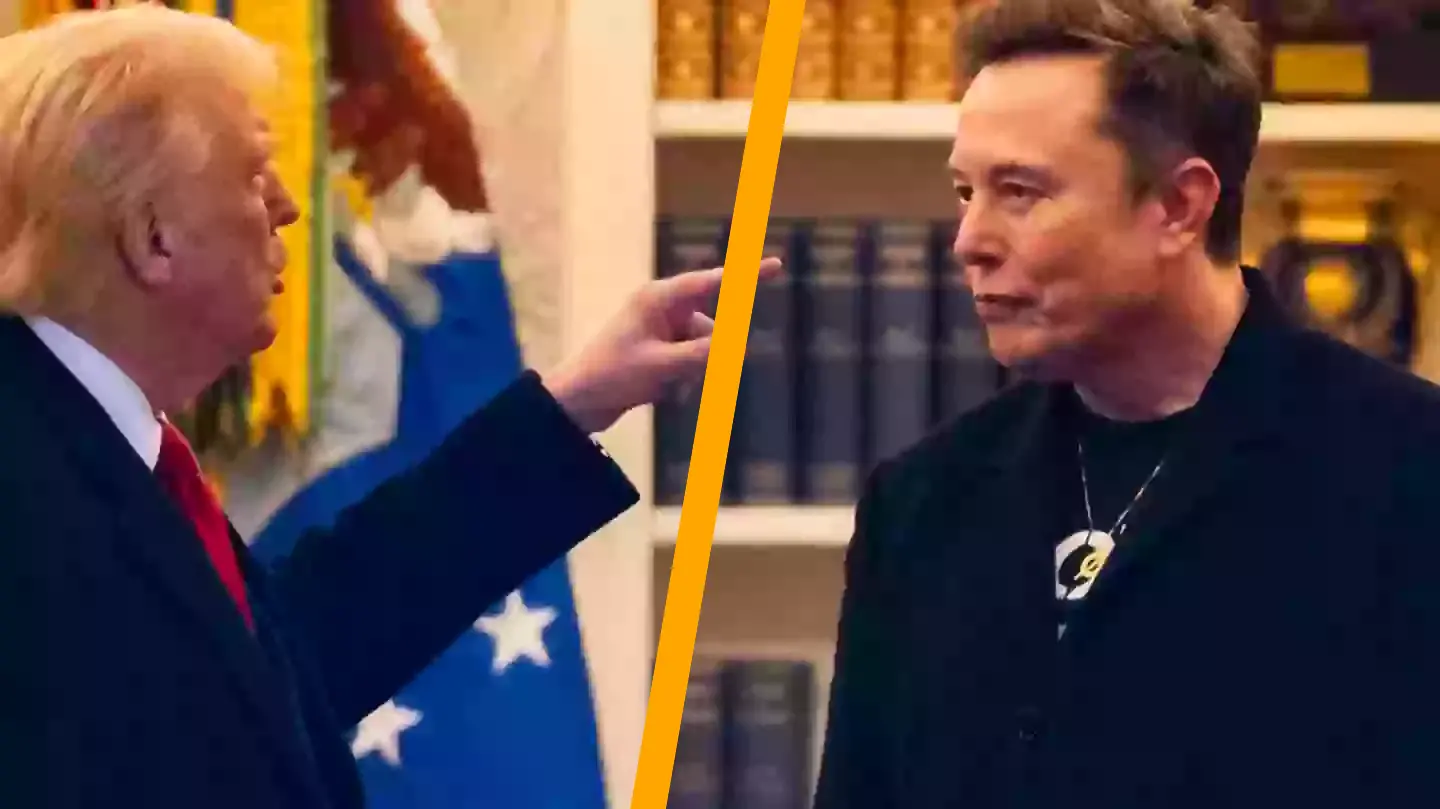President Trump’s new tariffs are creating widespread effects that even his ally Elon Musk cannot avoid.
China, Mexico, Canada, and the European Union are feeling the full impact of the US trade war after Trump raised taxes by 25 percent on many imported goods.
The president signed an executive order imposing “catastrophic” tariffs on trading partners, causing serious consequences for the stock market.
Just yesterday (Wednesday April 2), Americans watched global stocks drop, losing $2 trillion in under 20 minutes.

The tariffs threaten many businesses, including Musk’s Tesla company.
Tesla already faced challenges after its stocks fell following Musk’s appearance at the January 20 inauguration, but this situation could be worse.
Musk himself acknowledged the problem on X, writing: “Important to note that Tesla is NOT unscathed here. The tariff impact on Tesla is still significant.”
With Trump’s tariffs on auto parts, Tesla will feel the effects since some components come from outside the United States.
How severe could it be?
Tesla recently informed US Trade Representative Jamieson Greer that certain vehicle parts are “difficult or impossible” to source domestically. With 20 to 25 percent of Tesla parts imported according to the National Highway Traffic Safety Administration, manufacturing costs could rise substantially.
Wedbush Securities analyst Dan Ives confirmed that tariffs remain a “headwind” for Tesla, though less severe than for other automakers.

“Tesla is getting hit… less than other automakers when it comes to the tariffs, but I see no way that they wouldn’t have to increase prices if the tariff stays in its current form,” Ives told The Hill.
According to economist Arthur Laffer’s report, Trump’s tariff could add approximately $4,711 to vehicle costs.
Trump has imposed 25 percent tariffs on all products from Canada and Mexico, affecting Tesla’s two battery manufacturing equipment facilities in Canada and planned next-generation vehicle warehouse in Mexico.
Tesla also risks retaliation from other countries that might associate the company with Trump’s tariffs.
Germany has already responded negatively, with fewer customers buying Tesla vehicles due to Musk’s political connections.
Tesla expressed this concern in its letter to Greer: “U.S. exporters are inherently exposed to disproportionate impacts when other countries respond to U.S. trade actions.”
Overall, Tesla has suffered a $15 billion loss after supporting Trump during and after his election.
A major investor also sold $585 million in shares, citing concerns about the tech billionaire dividing his attention between DOGE and Tesla.
It’s certainly been a challenging year for Tesla.

